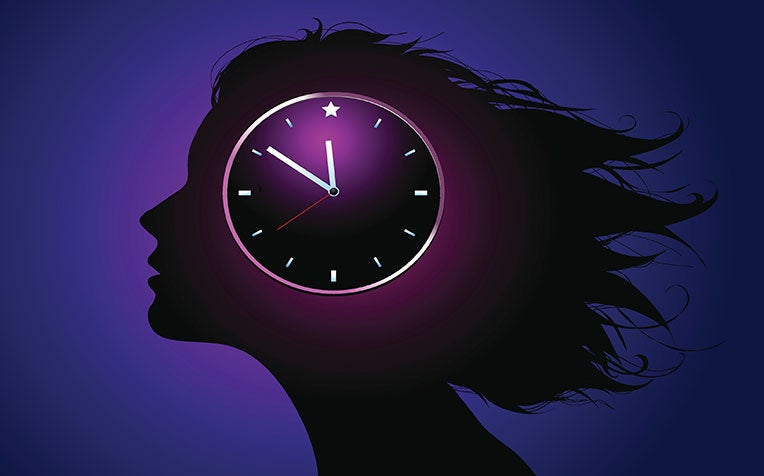
Phototherapy brings forward an affected person's sleep and wake times by a small duration each day.
A light box can help restore your body clock
To reset the body clock in individuals whose circadian rhythm (commonly known as the body clock) is out of sync, a light box can be helpful. This device emits very bright blue light at 10,000 lux, an intensity similar to that of full morning sunlight. Night owls who have trouble sleeping and waking early must use the light box for 30 minutes every morning for about a fortnight.
“This form of morning light or phototherapy brings forward an affected person’s sleep and wake times by a small duration each day. He will naturally feel sleepy earlier.” said Asst Prof Leow Leong Chai, Consultant from the Department of Respiratory and Critical Care Medicine, and Director, Sleeps Disorders Unit from Singapore General Hospital, a member of the SingHealth group. The patient also needs to develop new habits, such as avoiding artificial blue light sources (like smartphones and computers) late at night, not drinking caffeinated beverages excessively, and sleeping and waking at fixed times every day, even on weekends.
“Over time, the person will rely less on the light box as his body clock resets. But he has to maintain good sleep hygiene,” Asst Prof Leow said. Phototherapy has been available at the Sleep Disorders Unit since late 2014. The unit sees about 50 patients for circadian problems a year. The majority – 70 per cent – of patients with circadian rhythm disorders seen at SGH are teenagers and young adults who suffer from what is known as delayed sleep phase syndrome, noted Asst Prof Leow. The youngest has been a secondary four student who had difficulties waking up in time for school, often missing school entirely!
Advanced sleep phase disorder in the elderly
For the elderly, who tend to sleep and wake early – a syndrome known as advanced sleep phase disorder or “morning larks” – but who want to have more “normal” hours, a light box is used for half an hour from around 7pm, to prompt them to sleep later.
Going to bed and waking up early may be part of ageing, but this can be a problem for some. They may disturb their families when they wake at 4am. They also may not get to see their families often since the latter are already asleep when they reach home later at night, said Asst Prof Leow. Older people, he added, tend to have lighter and more fragmented sleep. It could be because they tend to wake up more often to go to the toilet, have aches and pains that keep them from sleeping well, or are on medications (for illnesses like hypertension) that affect their sleep.
The consequences of poor sleep can be more serious than just daytime sleepiness or poor school or work performance. Insufficient sleep can affect one’s health, such as by increasing blood pressure, and contributing to cardiovascular problems, poor blood sugar control in diabetics, and lowered immunity.
Ref: O17
Contributed by


















 Get it on Google Play
Get it on Google Play